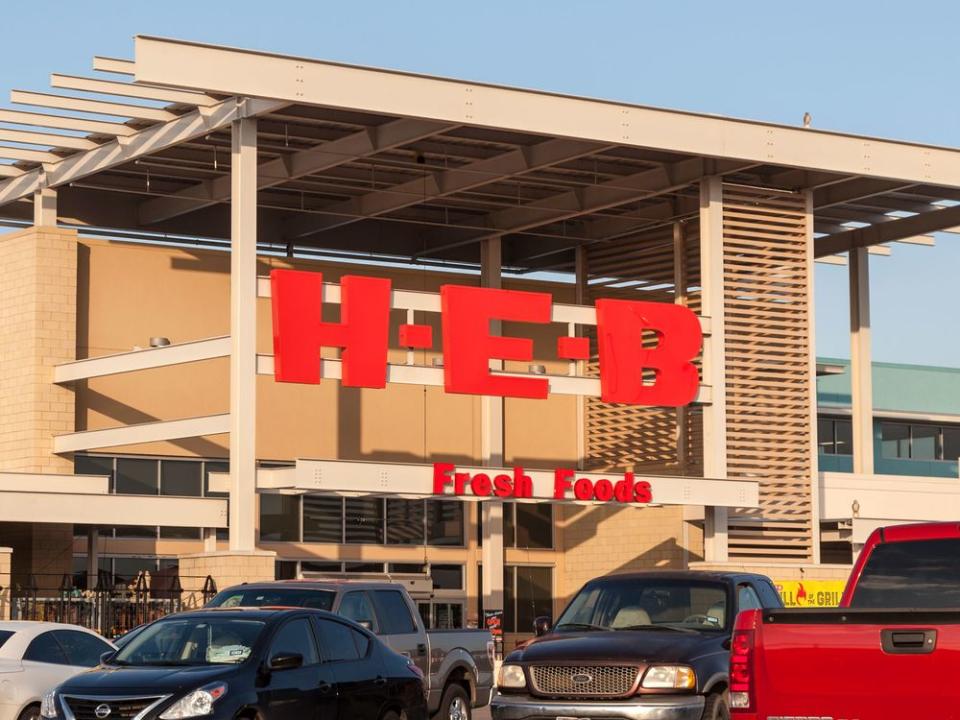H-E-B Tops Trader Joe's in ‘Retailer Preference Index'
Despite the name, "specialty" grocery stores are where many people do their regular shopping. Companies like Trader Joe's might not offer big name products like Kraft Mac & Cheese or Doritos, but their mix of on-trend items and private label values have built loyal customer bases. But according to a new survey, "traditional" grocers may be catching up as the Texas-based chain H-E-B has knocked Trader Joe's from its top spot.
For the past three years, customer data science firm Dunnhumby's annual "Retailer Preference Index" has surveyed 7,000 U.S. households and combined that information with financial performance stats to determine America's "top" grocery store. Previously, Trader Joe's had been undefeated, but this year, H-E-B took the number one spot—and interestingly, Dunnhumby suggests it did so by competing in "non-traditional" ways—like offering a broader range of relevant items and improving its private label products.

"One of the most important findings is that leading traditional regional grocers are experiencing a resurgence in customer preference, by winning with relevance and convenience," Jose Gomes, president of North America for Dunnhumby, said announcing the results. "If they can compete on price and quality—the value core for grocers—they are especially well-positioned to fend off the growing threat of non-traditional players. This also leaves them better insulated against an economic downturn. In the end, there is no 'one size fits all' approach to winning in this market, and retailers with Customer First strategies are most likely to fare best."
As a counter example to H-E-B's success, Dunnhumby points to Lidl, which despite having a cult following of its own, failed to make their list. "Lidl is living in the space between hard discounter and the typical traditional grocery store and failing to excite customers," the data company wrote. "Despite having excellent price perception, Lidl's price perception isn't as strong as Aldi's, and they have operational and assortment relevance issues that Aldi doesn't. They don't focus clearly on a few categories like Aldi does, and they have jumped more into promotions and rewards than Aldi."
Meanwhile, Trader Joe's still performed well, finishing second. The rest of the list, which looked at the "top 60 largest grocery retailers" is as follows: 3. Amazon, 4. Market Basket, 5. Wegmans Food Markets, 6. Costco, 7. Aldi, 8. Sam's Club, 9. Walmart, 10. Publix, 11. WinCo Foods, 12. Fresh Thyme, 13. Sprouts Farmers Markets, 14. ShopRite.

